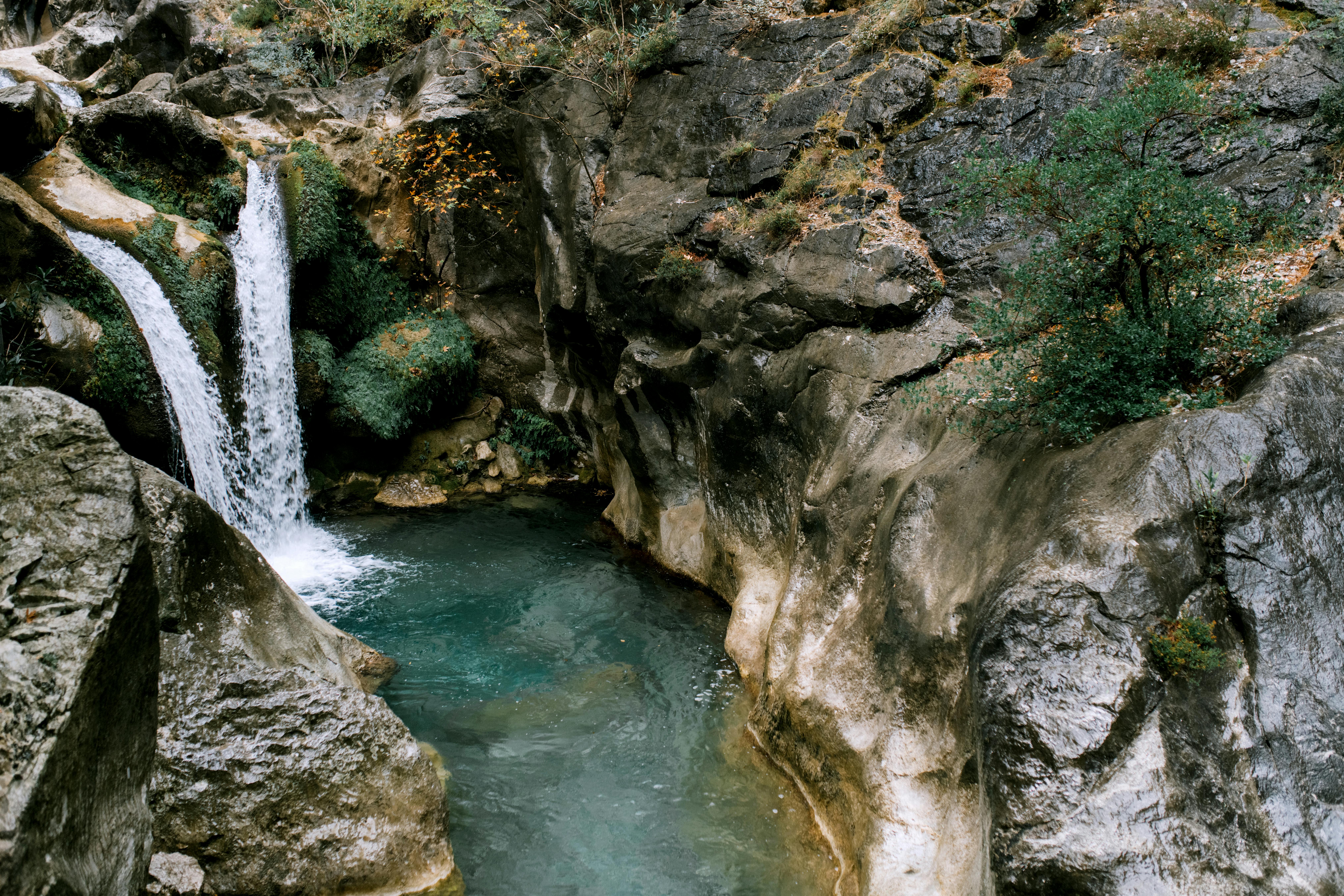When it comes to choosing the right type of drinking water, many people are often confused about the differences between distilled water and bottled water. While both types of water provide a safe and clean source of hydration, there are some key distinctions between them. In this article, we will explore the characteristics of both distilled and bottled water to help you make an informed decision.Distilled water is water that has been boiled and then evaporated, leaving behind any contaminants that were originally present. The resulting water is pure and free of any sediment, minerals or chemical impurities, making it ideal for use in medical settings, for drinking and for other uses where contaminants can be an issue.
What is Bottled Water?
Bottled water is water that has been packaged in single-serving or multi-serving plastic containers. It can come from many different sources, including public water systems, spring and mineral sources, and purified or distilled water. Bottled water can be found in almost any grocery store or convenience store and is a popular choice for people on the go. Bottled water is often seen as a healthier alternative to tap water, as it has been processed and filtered to remove bacteria, chlorine, and other contaminants that may be present in tap water. It also usually tastes better than tap water due to its lack of chlorine or other added chemicals. While bottled water may seem like a convenient option, it can be more expensive than tap water and can create unnecessary waste if not recycled properly.
Therefore, it is important to consider the cost and environmental impact of purchasing bottled water before making your decision. If you choose to purchase bottled water, make sure to read the labeling carefully so you know where the source of the bottled water is located and what type of filtration process was used. Additionally, be sure to recycle your bottles when you are finished with
How is Distilled Water Made?
Distilled water is made through a process called distillation. In this process, water is heated to a boiling point and then cooled down to a condensation point. The steam that is produced is then collected and condensed into water. This process removes impurities from the water, leaving behind only pure H2O molecules. Distillation also eliminates bacteria, viruses, heavy metals, inorganic minerals, and other contaminants from the water. This makes it safe for consumption and ideal for many uses such as scientific experiments, drinking water, medical applications, and industrial processes.
The distillation process requires specialized equipment to ensure that the quality of the distilled water remains high. Water is heated in a container until it reaches its boiling point. The steam produced then rises to a condenser where it is cooled and condensed into liquid form again. The impurities are left behind in the container where they are discarded while the pure distilled water is collected for use.
Distilled water has many advantages compared to regular tap or bottled water such as being free of contaminants and having an extended shelf life since it does not contain any living
How is Bottled Water Processed?
Bottled water is processed in a variety of ways depending on the source and type of bottled water. Generally, water is drawn from a source such as a spring, lake, or aquifer through a filtration system to remove any particles and pollutants. Additionally, the water may be treated with ultraviolet light to kill any bacteria or viruses it contains. The water is then filtered further through carbon filters and other technologies to remove impurities such as chlorine or lead. Finally, the water is tested for safety and bottled for sale.
In some cases, minerals may be added back into the bottled water to enhance its taste or provide additional health benefits. Examples of minerals that may be added include calcium, magnesium, potassium, sodium chloride (salt), and sulfates. Some companies also add electrolytes to their bottled waters in order to provide certain health benefits such as hydration or muscle recovery.
Ultimately, each company has its own specific process for bottling water that meets their standards for quality and safety. Many companies are also certified by third-party organizations that inspect their facilities and test their product for safety
Are There Different Types of Distilled Water?
Yes, there are different types of distilled water. Distilled water is a type of purified water that has been heated to the point of vaporization and then condensed back into liquid form. It is usually created by using a distillation process that removes contaminants such as minerals, salts, and other impurities from the water. The most common type of distilled water is made by boiling water and collecting the steam condensation. This type of distilled water has been used for centuries and is still widely used today in many industries.
Other types of distilled water can be created through deionization, reverse osmosis, or filtration processes. Deionization removes ionic particles from the water while reverse osmosis forces the water through a fine membrane to remove larger particles. Filtration systems use various filters to remove impurities from the water.
Different types of distilled waters may have different uses depending on what type of contaminants need to be removed. For example, deionized water may be used in laboratories for experiments that require highly purified samples due to its lack of ionic particles. Reverse osmosis may also be

Types of Bottled Water
Bottled water is a type of packaged drinking water that comes in many different forms. It is a convenient way to get your daily hydration needs met in an easy and efficient manner. There are many different types of bottled water available on the market, each offering their own unique benefits. Popular types include: spring water, mineral water, purified water, sparkling water, and distilled water.
Spring Water
Spring water is sourced from an underground formation where it has been naturally filtered and purified by layers of rock and sand. It typically contains minerals that give it a unique flavor and can provide added health benefits when consumed regularly. Spring water may also be referred to as “artesian” or “groundwater” depending on the source.
Mineral Water
Mineral water is sourced from natural springs or wells and contains a variety of minerals including calcium, magnesium, potassium, iron, sodium, chloride, sulfate and bicarbonate. It also has a distinct flavor due to the presence of these minerals. Mineral water can provide additional health benefits when
Benefits of Drinking Distilled Water
Distilled water is a type of purified water that has been heated to boiling point, allowing the steam to evaporate and leave behind any contaminants. Drinking distilled water can have several health benefits, including improved hydration, better mineral absorption, and reduced risk of contamination. It is important to note that distilled water does not contain essential minerals like calcium and magnesium, so it should not be used as the sole source of drinking water. Nonetheless, these are some of the main advantages that can be gained from drinking distilled water.
One of the main benefits of drinking distilled water is improved hydration. Distilled water has no impurities or contaminants that can interfere with proper hydration, allowing your body to more effectively absorb and utilize the fluids you consume. This can help you stay well-hydrated throughout the day, which is essential for overall health and wellbeing.
Another benefit of drinking distilled water is better mineral absorption. Distilled water does not contain any minerals like calcium or magnesium, which means your body is able to absorb these essential nutrients more effectively when they are added back into a glass of
Health Benefits
Drinking bottled water has numerous health benefits. It is free from contaminants, which can often be found in tap water such as lead, chlorine, and pesticides. Bottled water also contains beneficial minerals like calcium and magnesium, which are important for healthy bones and teeth. In addition, bottled water typically has a cleaner taste than tap water due to the absence of fluoride and other chemicals used to treat municipal water sources.
Convenience
Another benefit of drinking bottled water is convenience. Bottled water can be purchased almost anywhere in various sizes, making it easy to always have access to clean drinking water. The individual bottles are also easy to transport and store in places where it may not be convenient to keep a reusable bottle or jug.
Environmental Impact
Although there is debate about the environmental impact of single-use plastic bottles, many companies are now using recycled materials or recyclable materials for their products. Additionally, some bottled waters come in glass containers which are easier to recycle than plastic bottles.
Overall, drinking

Conclusion
The answer to the question “Is there a difference between distilled water and bottled water?” is yes. While both may look the same, they are produced differently and have different chemical compositions. Distilled water is purified through the process of distillation, while bottled water can be purified or not purified. Both forms of water can provide hydration, but distilled water is considered to be more pure and free from contaminants. It is important to understand the differences between distilled and bottled water in order to make an informed decision when choosing which one to drink.
In conclusion, it is clear that there are differences between distilled and bottled water. Choosing which one to drink depends on personal preference as well as the quality of the source from which it came from. Ultimately, it is up to each individual consumer to determine which type of drinking water best meets their needs.

